SMALL SCREEN
This weekend we’re watching: The Salisbury Poisonings, how Russia-UK relations were poisoned
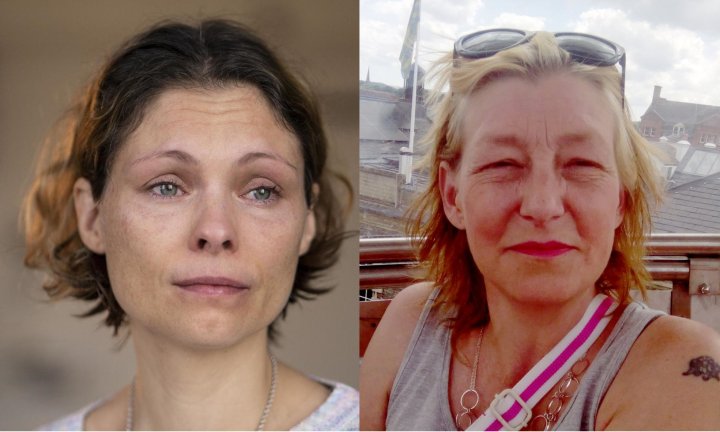
‘The Salisbury Poisonings’ is a British crime drama about the 2018 attempted assassination of a Russian spy that led to the death of Dawn Sturgess. With the tensions between the UK and Russia reaching boiling point over Ukraine, we interviewed MyAnna Buring about her role as Dawn and how the UK’s weak response to her death might have emboldened Putin.
Each episode of The Salisbury Poisonings begins with this text:
In 2018 the people of Salisbury were faced with an unprecedented crisis.
A Chemical Weapons attack on a British City.
Based on first-hand accounts and extensive interviews, this is their story.
The phrasing of this prelude says a lot about how writers Adam Patterson and Declan Lawn chose to approach the nightmarish events that took place – rather than investigating the mystery and political significance of the attempted assassination, they get inside the experience of the people of Salisbury itself.
If you’re interested in the nitty-gritty details of the espionage, check out the docuseries Secrets of the Salisbury Poisonings on Amazon or Discovery+ with a VPN. This series, however, is fairly light on politics, focusing primarily on the drama of how the events unfolded for those closest to the attack, and crucially, revealing a nuance to their stories, which were often oversimplified in the media.
MyAnna Buring felt that this decision to prioritise the human element of the crisis was an important asset of the series.
“Whatever happens in politics, we’re often focused on these larger ideas or larger decisions. But painfully, acutely prominent in our lives now is the awareness of how these decisions affect everyday human beings who, for all intents and purposes, aren’t even aware of these geopolitical events that ultimately have detrimental effects on their lives.”
Three characters in particular take centre stage in the series. The first is Detective Sergeant Nick Baily (played by Rafe Spall), a first responder at the scene of Sergei and Yulia Skripal’s sudden collapse on a park bench in the city centre. Initially, Baily did not suspect that the Skripals had been poisoned, but by the time he discovered that Sergei was a freed Russian spy from high up in MI6, he had already been exposed to the poison at the scene.
Baily’s story is the most viscerally unsettling, following his dizzying descent into illness. He’s filmed with a queasiness also reflected in the score, and his fiery fever dreams, cold sweats and blurred vision are microdoses of body horror tapping into your empathy. The series also shows his family’s experience and how the ordeal has left him fighting for his pension.
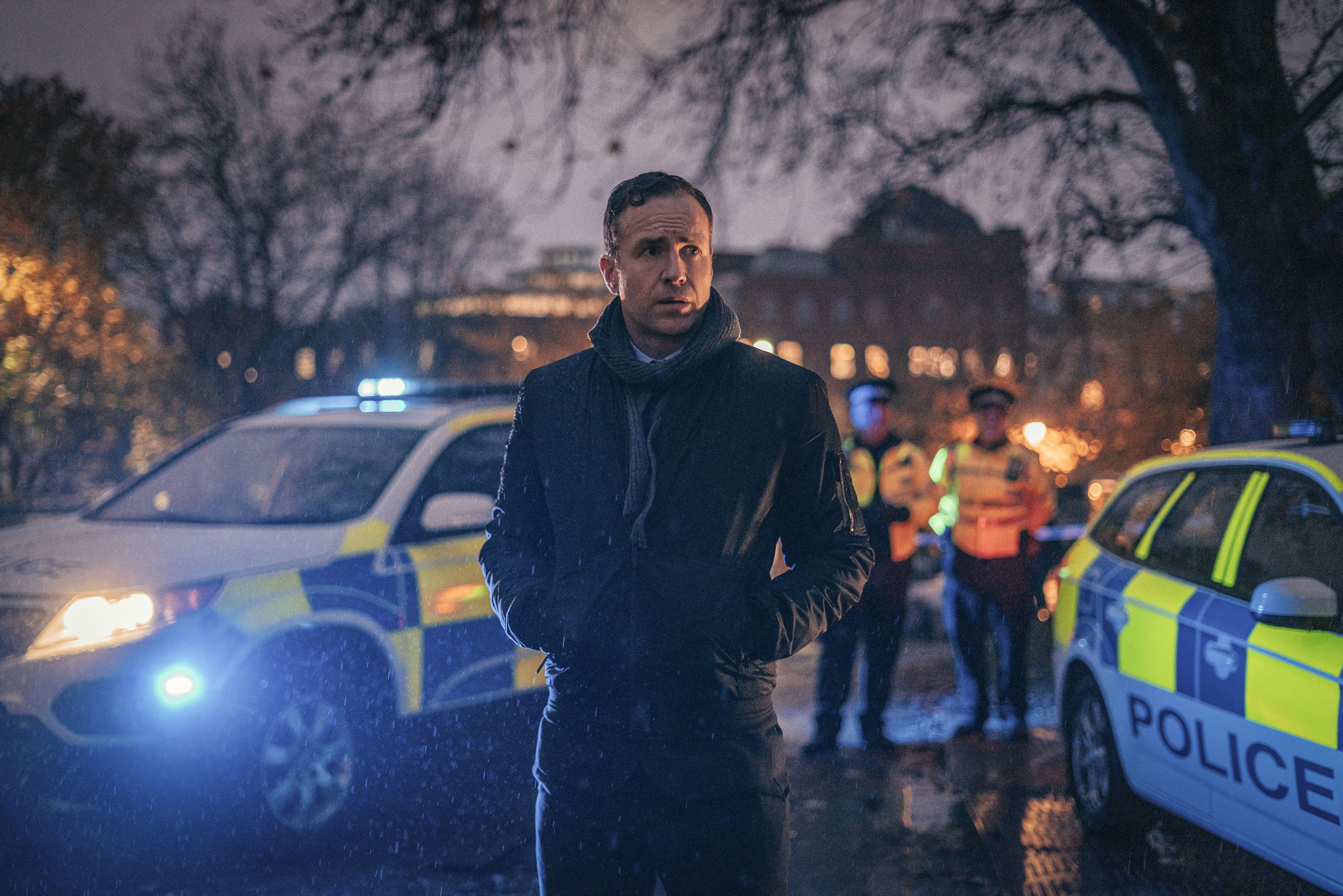
Rafe Spalls as Detective Sergeant Nick Baily (image courtesy of Britbox)
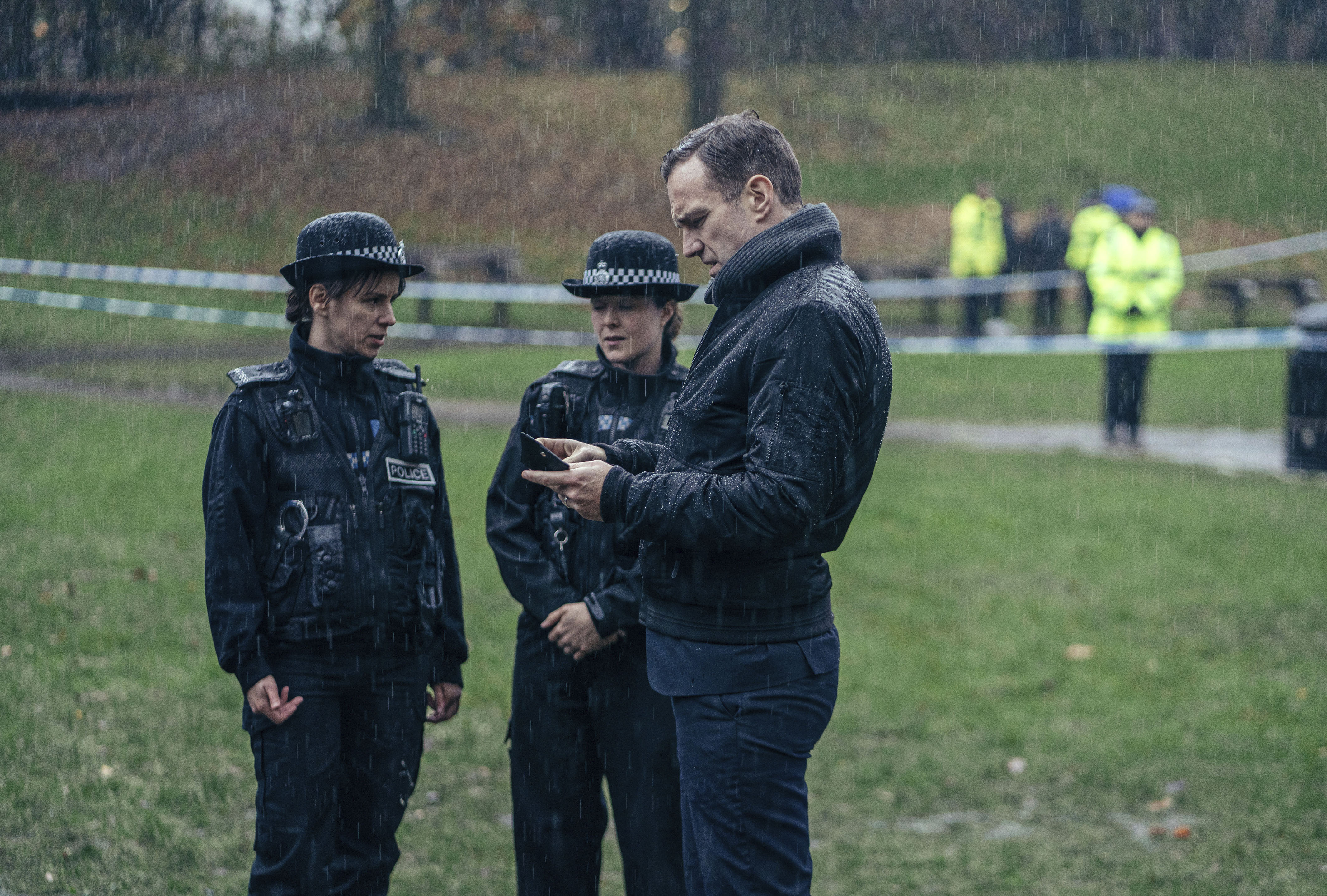
‘The Salisbury Poisoning’. Image: Supplied
The person with the most screen time is Tracy Daszkiewicz (Anne-Marie Duff) who had recently taken up the post of Director of Public Health for Wiltshire. Daszkiewicz is the underdog we root for, thrown into the deep end with potentially thousands of lives in her hands.
She’s depicted as possibly the most significant player in handling the crisis, cautioning authorities to take greater precautions, taking the risk of requesting expensive government resources, and using innovative methods like Tripadvisor reviews to track down potential spreaders.
The series also comes to her defence, situating the viewer on the stage side of her PR battle with the public, who blame her for the inconveniences they face even though she is the one acting to protect their safety.
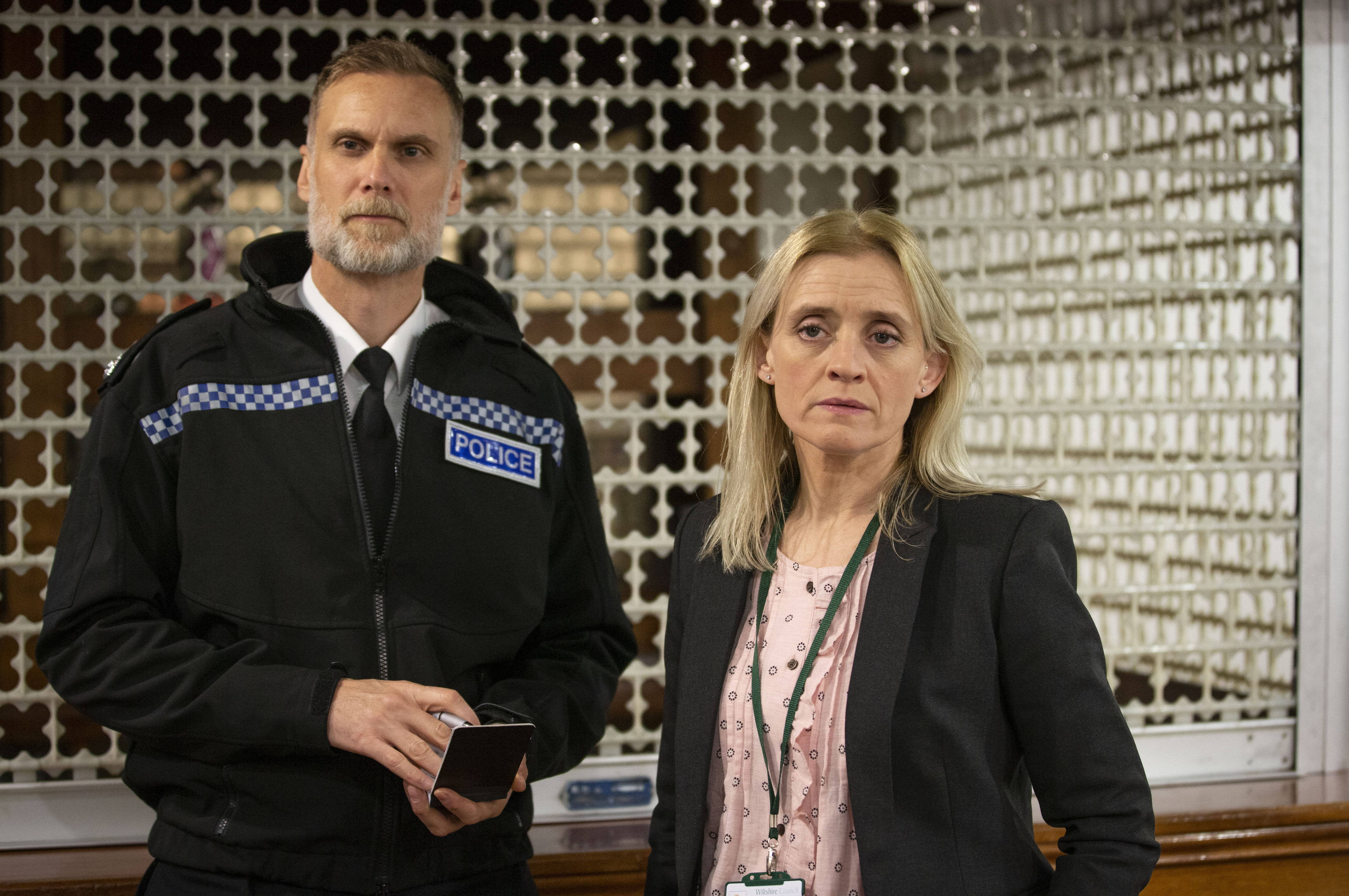
left to right: Darren Boyd as Supt Dave Minty and Anne-Marie Duff as Tracy Daszkiewiczas (image courtesy of Britbox). HUW JOHN, Cardiff 05/11/2019. BBC, SALISBURY drama. [email protected] www.huwjohn.com. M: 07860 256991. Instagram: huwjohn_uk
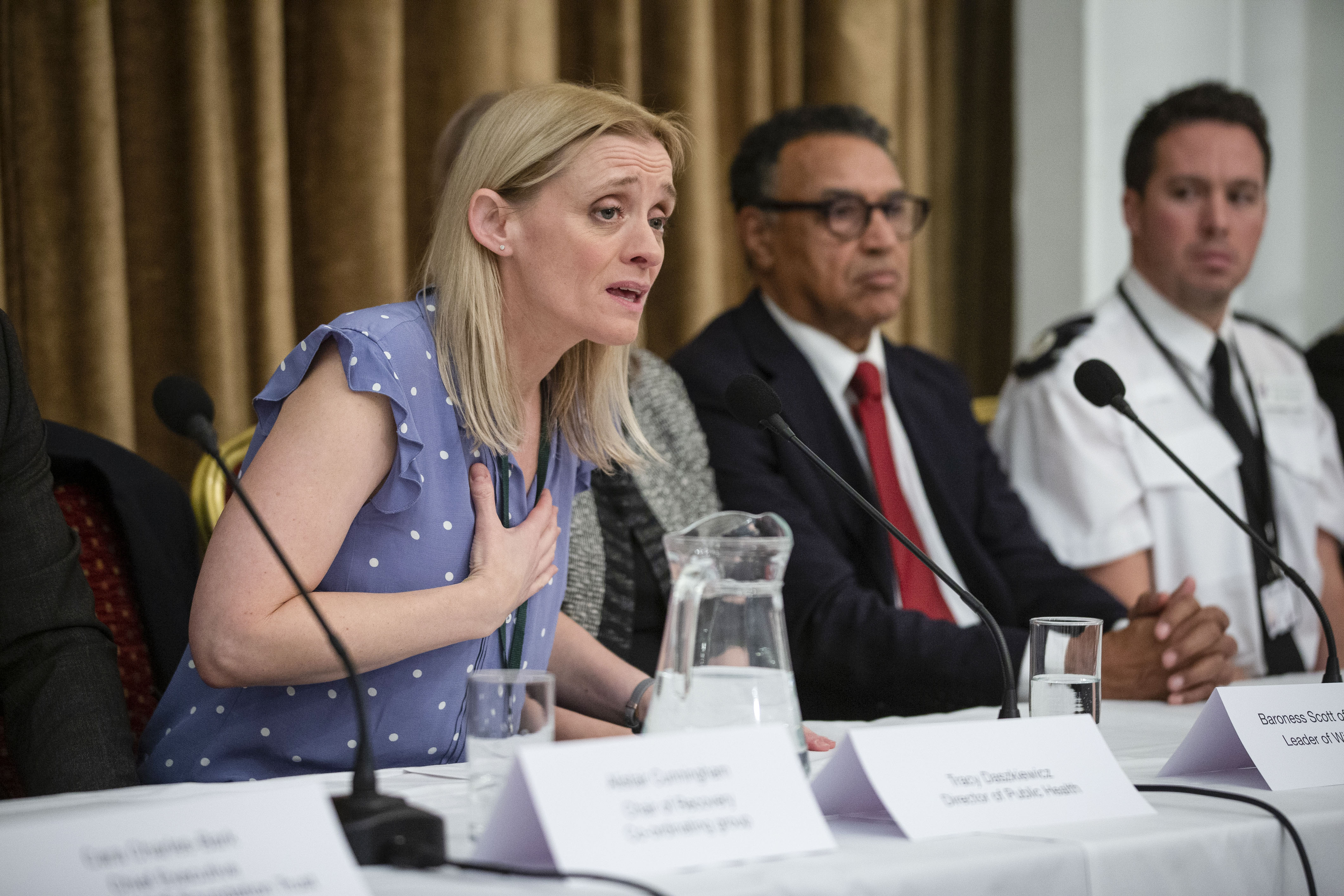
Anne-Marie Duff as Tracy Daszkiewiczas (image courtesy of Britbox). HUW JOHN, Cardiff 05/11/2019. BBC, SALISBURY drama. [email protected] www.huwjohn.com. M: 07860 256991. Instagram: huwjohn_uk
And then, of course, there’s Dawn Sturgess who became the only direct casualty of the crisis. It’s notable that Sturgess’s story doesn’t link to the other narratives for more than half the series – she is just a woman with her own life and her own problems – a single mother trying to quit booze, pay the rent and reconnect with her family, and this emphasises the injustice and randomness of her sudden martyrdom as a result of confounding bad luck.
Sturgess got a very bad rap in the press. Her proximity to addiction was fixated over to the point of cruelty, with speculations such as her and her partner having been exposed to the poison via a contaminated needle or discarded cigarette. MyAnna told us that this portrayal is something that the series tries to address and correct.
“The press spoke about her being a drug addict and homeless, and did so in a way that sort of undermined her worth as a human being, that, you know, anyone who is a drug addict or homeless somehow deserves what comes to them, which is appalling. That’s an appalling stance to take first off. But secondly, it just simply wasn’t true. Dawn wasn’t a drug addict, she wasn’t homeless.
“She had dealt with alcoholism, which obviously is a form of addiction, and she had dealt with mental health issues, which I think most of us have, or been in close proximity to, but she was a very loved woman. She was a mother, she was a sister, she was a daughter. She had a life, she had hopes, ambitions and dreams.”
“And I think for her family in particular it was heart-wrenching to, first of all, lose this valued member of their family, and then to have her sort of dismissed afterwards with what essentially were lies. We need to take responsibility for the stories that we tell. Sensationalism is great – it might lead to more clicks – but at the end of the day it’s really, really damaging. I felt that the writers really tried to create some balance in how her story was portrayed, and they very much were in conversation with her family throughout the writing, as they were with all the people who are featured in the series.”
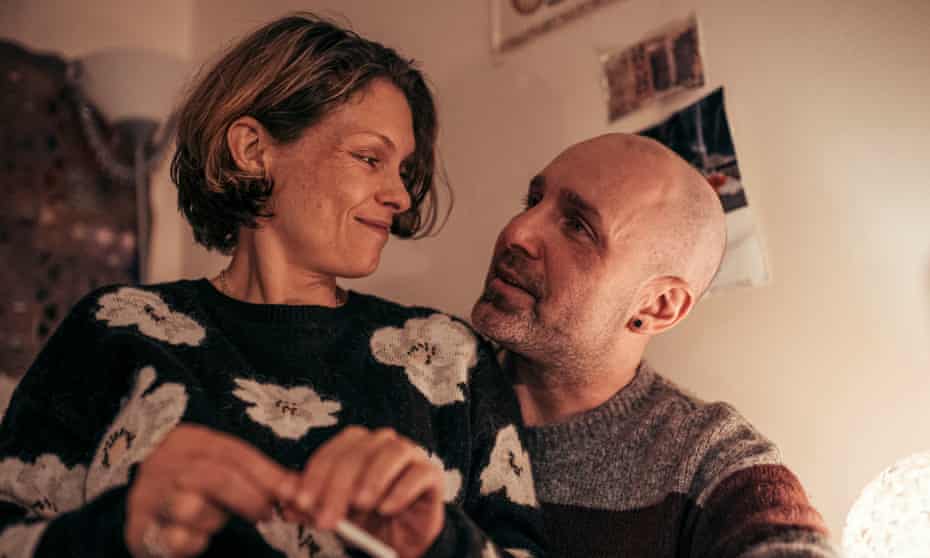
left to right: MyAnna Buring as Dawn Sturgess and Johnny Harris as Charlie Rowley (image courtesy of Britbox)

MyAnna Buring as Dawn Sturgess (image courtesy of Britbox).
The biased representation of people and events is a running theme in the series. Each episode opens with a fast montage of real news reports, grounding the story in reality and reminding the audience that this really happened.
It’s especially interesting looking back on all the conjecture around the incident, given the context of what has happened since, and how the national response (or lack thereof) might have inadvertently paved the way to the invasion of Ukraine by showing Putin what he could get away with.
Buring notes that some might deem the UK’s response weak considering that this was not the first time an assassination attempt had taken place on British soil.
“Alexander Litvinenko was a former KGB agent who had to flee Russia because he had spoken out about corruption within the intelligence agencies there. He’d had to flee with his family to the UK and he’d become a British citizen. In 2006, he was poisoned with polonium and managed to live for long enough to help police here solve his own murder, and his wife Marina subsequently went through a 10-year battle for a public inquiry to be held into her husband’s death.
“The judge who presided over the inquiry, having gone through all the evidence (and this now, because it’s a public inquiry, is available for anyone online to go and look into – you can read all the evidence, read all the conclusions that were drawn by the judge), was very clear in pointing the finger and the responsibility directly back at Putin and his regime.
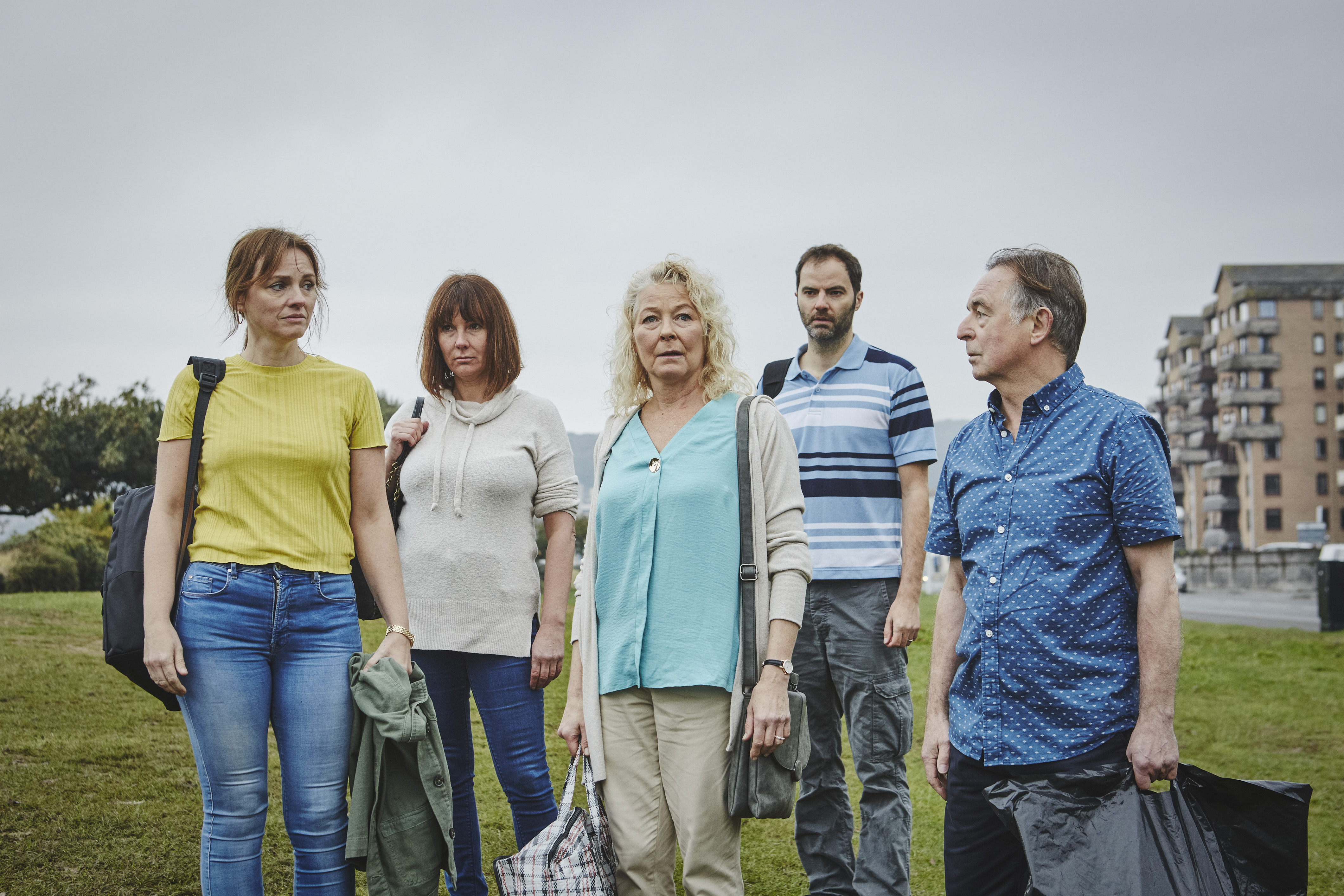
The Sturgess family depicted in The Salisbury Poisoning (image courtesy of Britbox)
“At the time, Theresa May was our home secretary and she even commented, I’m paraphrasing here, but essentially saying ‘relationships with Russia were relatively good at the time and they didn’t want to rock the boat’, which is why I think Marina had to push so hard for that public inquiry. So now 2018, another assassination attempt and this time they weren’t successful on Sergei Skripal, again a former KGB dissident who had found asylum in the UK. And at this time, Theresa May is our prime minister and Boris Johnson is our foreign secretary.
“They acknowledged (back) in 2018 that it was very clear that it was Russian military intelligence agents who had come to the country and committed the attack, but in both cases the attacks were performed in such a way that not only their targets were put at risk but thousands, potentially tens of thousands of people, innocent people, were put at risk, and in the case of Salisbury, of course, Dawn died because of their reckless behaviour, handling a chemical nerve agent that is lethal and has such a long half-life. Had it come into the water system, we can’t even imagine the devastation that it would have brought then.
“It’s kind of a miracle that so few people were affected, but it doesn’t take away from the horror of how that callousness could have caused many, many more deaths. And there’s a sort of recklessness to the life of civilians that is sort of prominent in both of those stories. Now we are seeing it on a larger scale, obviously, with the invasion of Ukraine by the same government,” says Buring.
“There was definitely a sense at the time that not enough was done. We now know there are many Russian donors to the Tory party here in the UK. Should that ever have been allowed to happen? I think the sanctions that they’re putting in place now position them clearly in terms of where they stand, but there are many who are questioning and saying it’s too little too late. And perhaps doing so little may have emboldened Putin and made him feel there were few consequences.”
In the context of this historic political turmoil, as well as the global trauma off the Covid-19 pandemic, Buring expressed that what she wants most for people to take out of the series is a sense of hope.
“The largest thing that I feel people will take away from it, and it definitely was the case for me doing it, is the beautiful quality of hope, the beautiful quality of kindness, the beautiful quality of small acts of everyday bravery that is present in most of us around the world. When a crisis happens, people tend to band together, and we shouldn’t forget that. We’re sort of bombarded with horror and terror, but within that are millions upon millions of small acts of kindness and care.” DM/ML
The Salisbury Poisonings is available in South Africa on Britbox from March 3.
You can contact This Weekend We’re Watching via [email protected]

















 Become an Insider
Become an Insider
Comments - Please login in order to comment.